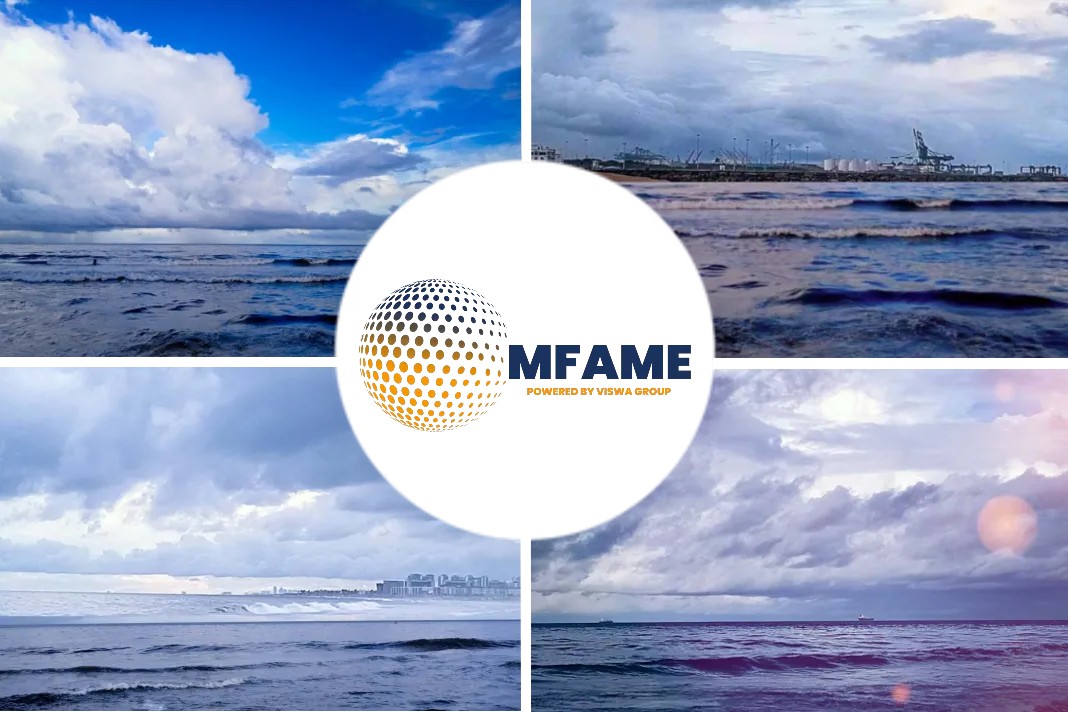
Stolt Tankers’ carbon-insetting programme is helping reduce emissions for customers, highlights a Stolt Nielsen news source.
Marine Energy Transition Forum
At the Marine Energy Transition Forum in Antwerp this week, Stolt Tankers’ sustainability expert outlined how the business’s carbon-insetting programme is helping to reduce Scope 1 emissions and supporting its customers to lower emissions within their own supply chains.
Giorgio Guadagna (picture above, far left), Stolt Tankers’ Business Partner – Sustainability and Decarbonisation, explained that the programme is supporting participants to achieve their respective sustainability goals. For Stolt Tankers, this includes realising its ambitions to reduce its carbon intensity by 50% (relative to 2008) and operate at least one carbon-neutral ship by 2030, and to be fully carbon neutral by 2050.
“Carbon insetting has almost become standard practice in container shipping, but is still relatively new for tankers. It allows us to share the cost of biofuels with participating partners, and help lower both our Scope 1 emissions and their Scope 3s,” Giorgio says.
“Essentially, the programme gives our customers (and interested stakeholders) the opportunity to contribute to the additional cost of more sustainable fuels – which have the potential to lower fuel lifecycle emissions by more than 75%* – even if their cargo is not physically on the ship where this type of fuel is used. Given the cost and limited availability of biofuels, this approach allows us to increase our chances of making biofuels a viable option and using them more widely.”
The programme is specifically looking at FAME-based (fatty acid methyl ester) biodiesel, which is best suited to the engines on Stolt Tankers’ ships. The fuel must also be ‘second generation’ meaning it is produced from waste, and ISCC certified to ensure its sustainability credentials.
To date, Stolt Tankers has used 3,000 tonnes of this biofuel on a small number of ships completing voyages between Europe and the US. And there are plans to use it on more voyages before the end of this year and in early 2024.
Multiple independent third parties are being used to verify the resulting reductions in CO2 and certify shipments as carbon neutral.
“Biofuels do not dramatically change our onboard tank-to-wake emissions – that is, those that come from using fuel once it is in the tank,” Giorgio explains. “But they do allow us to significantly lower emissions over the lifecycle of the fuel – from its production until it is actually used – by more than 75%*.”
And while biofuels are not widely seen as a long-term solution – not least because limited feedstocks are likely to create a bottleneck in their production – they are certainly part of the solution and are providing Stolt Tankers with an invaluable training ground for the future.
“For now, biofuels are a way for us to reduce our impact on the environment and progress towards our decarbonisation targets,” says Giorgio. “And, by setting up our insetting platform and learning how to do this effectively today, we will be well positioned in the future when new green fuels become available and related tracking technologies are introduced.”
Did you subscribe to our daily newsletter?
It’s Free! Click here to Subscribe!
Source: Stolt Nielsen























